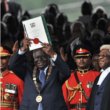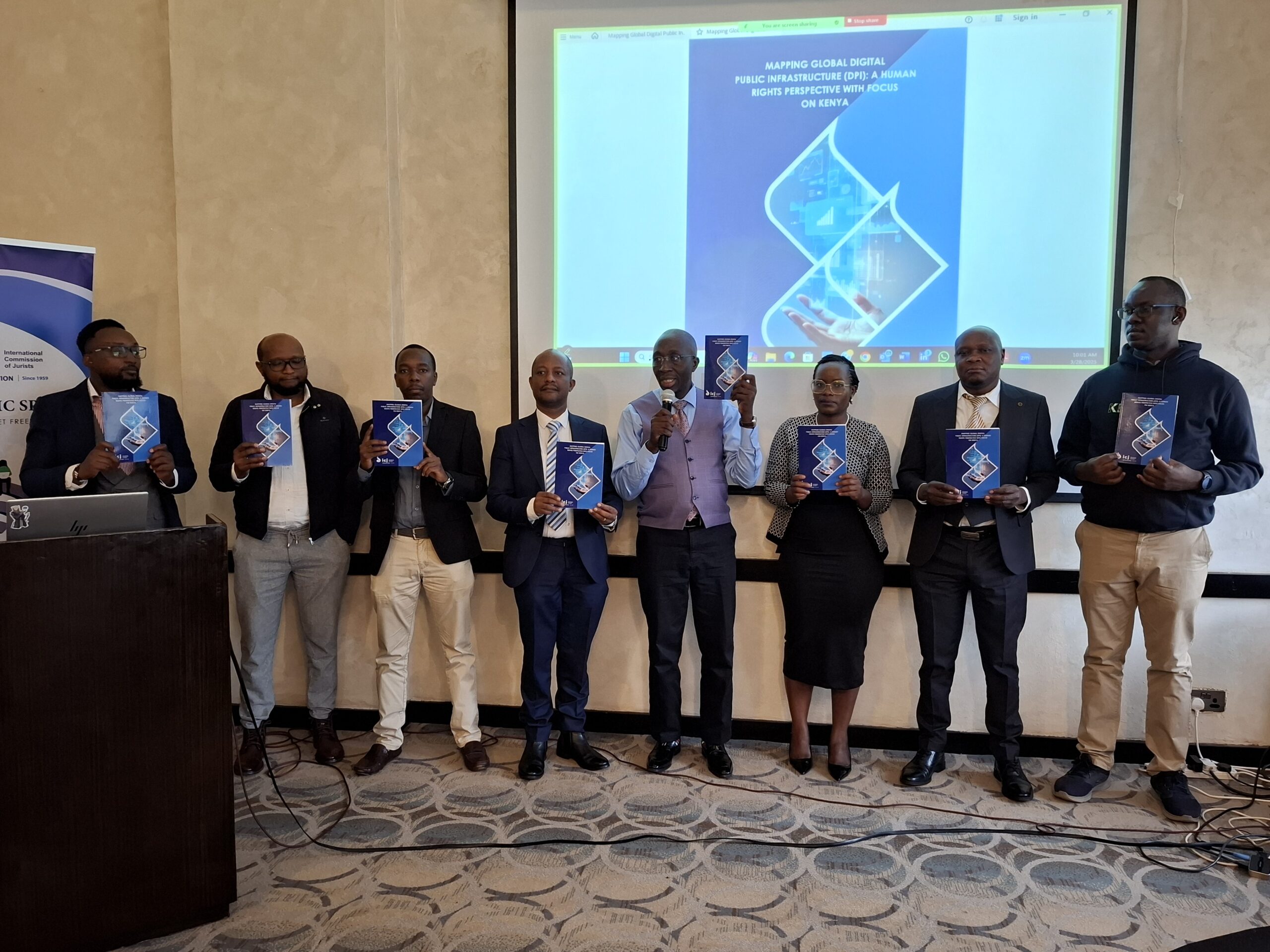NAIROBI,Kenya – In the age of digital transformation, the intersection of technology and democracy has become increasingly critical, particularly in Kenya. As the country continues to embrace digitalization, protecting digital rights and privacy has emerged as a fundamental pillar for safeguarding democracy and empowering its advocates. These rights are not just abstract concepts but are essential for the functioning of a democratic society, ensuring that citizens can engage in free expression, access information, and participate in governance without fear of surveillance or repression.
Digital rights encompass a range of freedoms essential for exercising democratic rights in the digital space. These include the right to freedom of expression, access to information, data protection, and the right to privacy. In Kenya, where the internet and social media have become vital platforms for political engagement, advocacy, and mobilization, these rights are crucial.
Freedom of expression online allows citizens to voice their opinions, criticize government actions, and advocate for change without censorship. This freedom is particularly important in a country where traditional media may be subject to state influence or self-censorship. Digital platforms provide an alternative space for discourse, enabling marginalized voices to be heard and fostering a more inclusive democracy.
Access to information is another key aspect of digital rights that underpins democratic participation. In Kenya, digital platforms have become important sources of news, especially for younger populations. The ability to access accurate and timely information empowers citizens to make informed decisions, hold leaders accountable, and engage in meaningful public debate.
For human rights advocates, activists, and journalists in Kenya, the right to privacy is especially critical. Privacy ensures that individuals can organize, communicate, and operate without fear of unwarranted surveillance or intimidation. In a context where political tensions can run high and dissenting voices may be targeted, the protection of privacy is not just a matter of individual security but also of preserving the integrity of civil society.
Surveillance, both digital and physical, has been a growing concern in Kenya. Activists have reported incidents of being monitored, harassed, or even arrested for their work. The ability to keep communications private is essential for these advocates to continue their work without putting themselves or their networks at risk. Encryption tools, secure messaging apps, and data protection measures are vital for safeguarding this privacy.
Moreover, the misuse of personal data by both state and non-state actors poses a significant threat to democracy. In recent years, there have been concerns about data breaches, the unauthorized collection of personal information, and the potential for this data to be used for political manipulation or to suppress dissent. Strong data protection laws and practices are therefore necessary to prevent abuses and to ensure that citizens can engage in the democratic process without fear of their personal information being weaponized against them.
Kenya has made some progress in recognizing and protecting digital rights and privacy. The enactment of the Data Protection Act in 2019 was a significant step towards safeguarding personal data and regulating its use. The law establishes a framework for the collection, processing, and storage of personal data, and it creates the Office of the Data Protection Commissioner to oversee compliance.
However, the implementation of these protections remains a challenge. There is a need for greater public awareness about digital rights and the mechanisms available to protect them. Many citizens and even some advocates are not fully aware of their rights under the law or how to exercise them. Furthermore, the enforcement of these rights requires political will and independence from external pressures, which can be difficult in a polarized political environment.
Civil society organizations in Kenya have been at the forefront of advocating for stronger digital rights protections. They have played a crucial role in pushing for legal reforms, educating the public, and providing support to those whose rights have been violated. However, these organizations also face significant challenges, including limited resources, legal threats, and the broader context of shrinking civic space.
To fully realize the potential of digital rights in strengthening democracy in Kenya, several steps need to be taken. First, there must be a concerted effort to raise awareness about digital rights and privacy among all segments of society. This includes educating citizens about their rights, training advocates on digital security, and promoting the responsible use of digital platforms.
Second, the legal and institutional frameworks for protecting digital rights need to be strengthened. This involves not only enforcing existing laws but also updating them to keep pace with technological advancements and emerging threats. The independence and capacity of regulatory bodies like the Data Protection Commissioner must be ensured to effectively oversee and enforce compliance.
Third, there is a need for greater collaboration between the government, civil society, and the private sector to create a secure and inclusive digital environment. This includes developing policies that balance security with privacy, investing in digital infrastructure, and ensuring that all citizens have access to the benefits of digital technology.
Finally, international cooperation is essential in addressing cross-border challenges related to digital rights. As Kenya continues to integrate into the global digital economy, it must align its policies with international standards and work with other countries to combat cyber threats, protect data, and uphold human rights.
Digital rights and privacy are not just technical issues, they are fundamental to the health of democracy in Kenya. As the digital space becomes increasingly central to political life, the protection of these rights will determine the extent to which citizens can freely participate in governance and hold their leaders accountable. For advocates and civil society organizations, these protections are essential to continue their vital work without fear of repression. By prioritizing digital rights and privacy, Kenya can strengthen its democracy and ensure that the digital age serves as a force for empowerment rather than oppression.
The writer, Charles Jaika is a digital rights enthusiast and a lawyer working at the Kenyan Section of the International Commission of Jurists ICJ Kenya. This artcile was first published on Citizen Digital.











